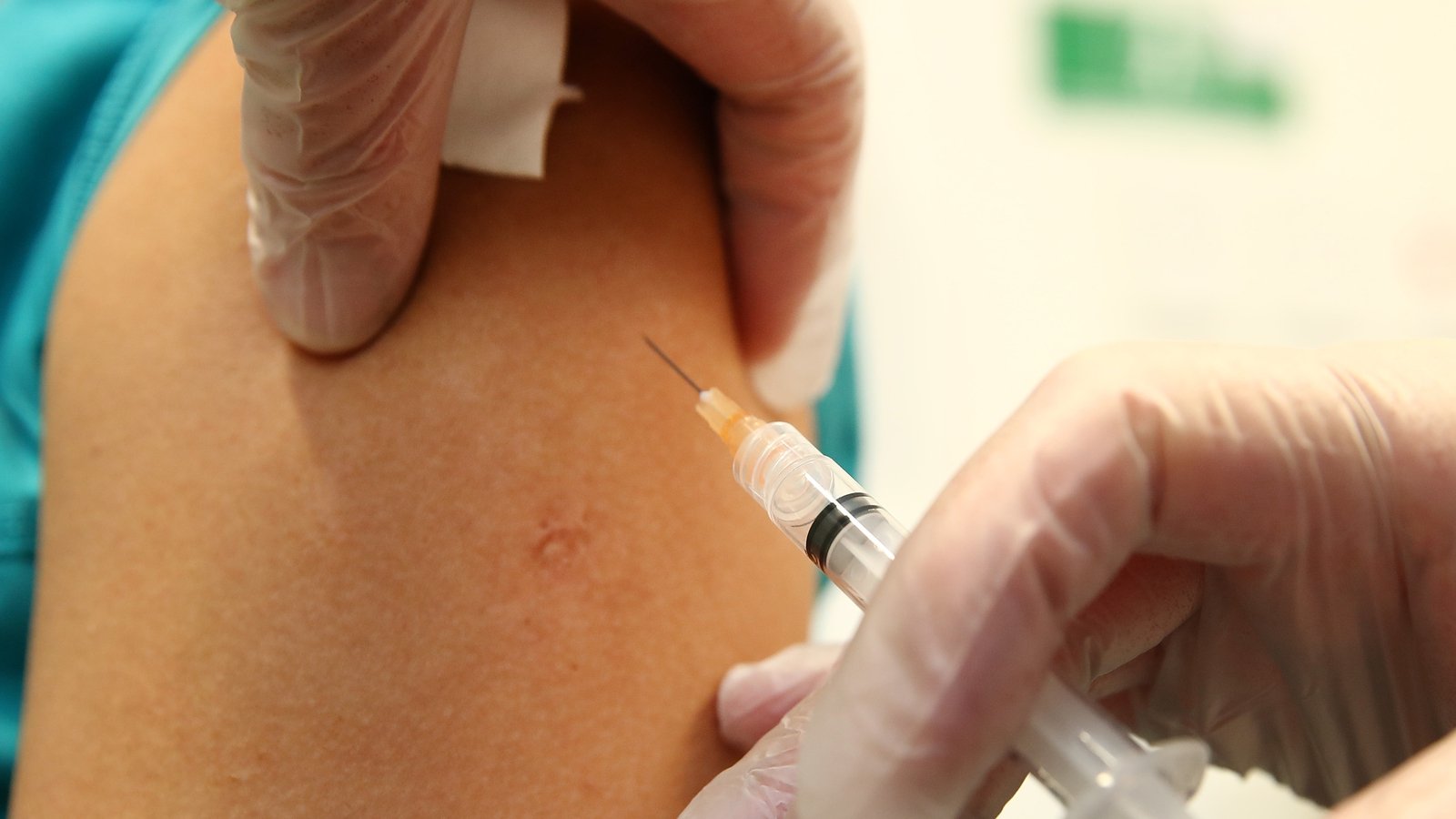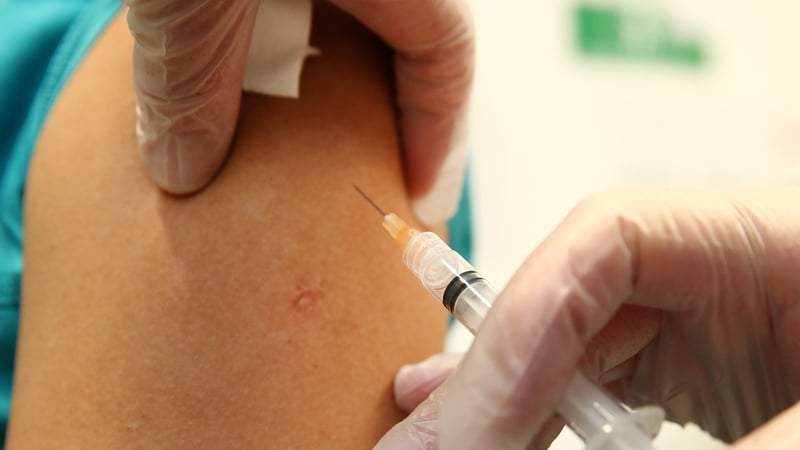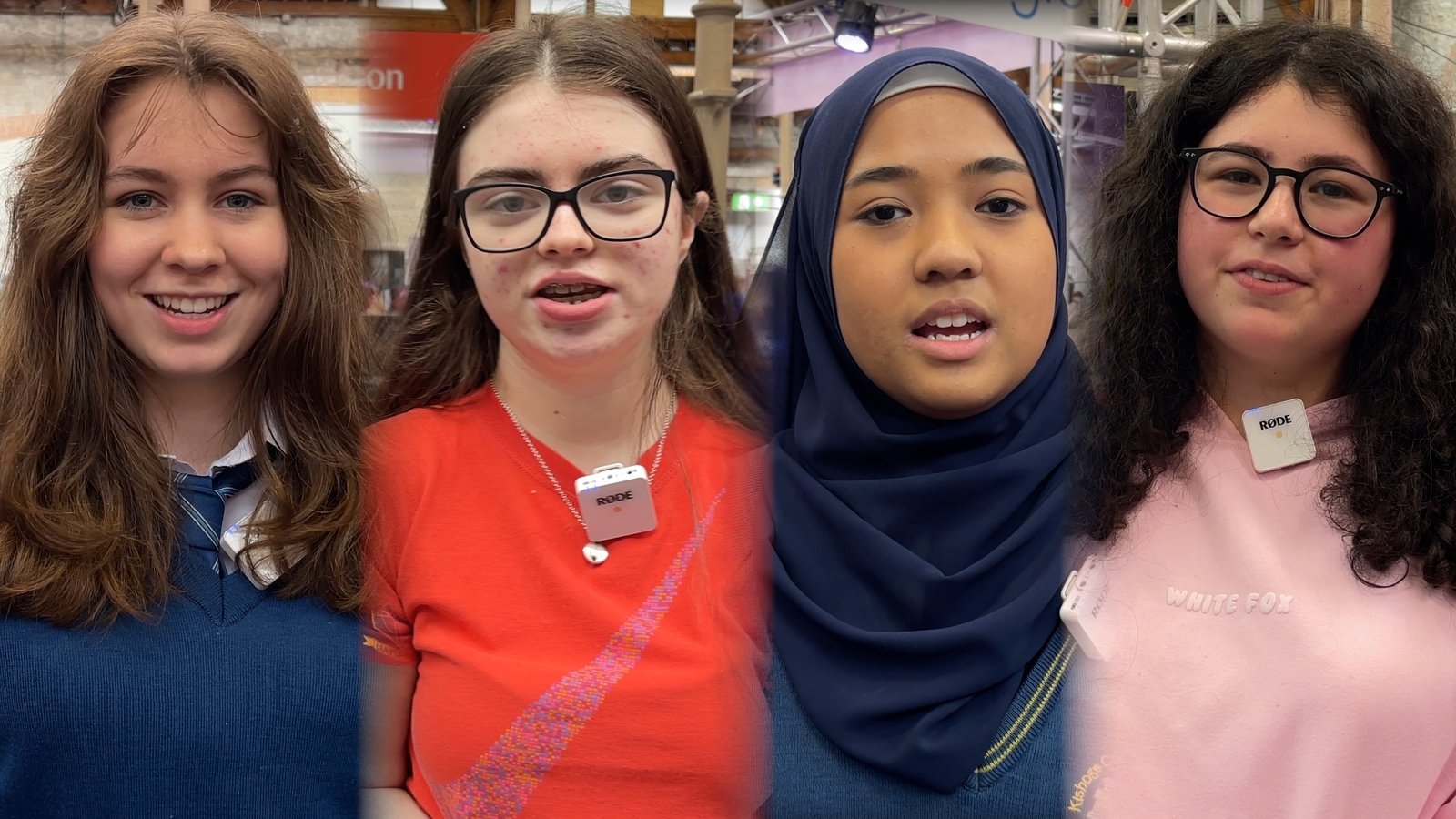Measles vaccine programme to begin later this month


The Health Service Executive has confirmed that a catch-up vaccination programme for the MMR (measles, mumps and rubella) vaccine will get under way this month.
In a statement to RTÉ News, the HSE said: “We are aiming to commence [the programme] following the St Patrick’s bank holiday weekend.
“It will prioritise children and young adults, healthcare workers and under-served groups such as refugees, applicants seeking protection and the homeless community.”
The HSE said uptake rates were currently lower in these groups.
Earlier this week, Minister for Health Stephen Donnelly announced that the Government had agreed funding for an MMR catch-up vaccination programme.
Vaccinations will be administered by GPs and HSE vaccination teams.
The MMR vaccine will be offered free of charge to over 300,000 people who may not have received it in childhood.
It comes after the Health Protection Surveillance Centre yesterday confirmed it had identified a measles case in the west of the country.
It is the second such case of the infectious disease this year.
In February, a man in his 40s from Westmeath died after contracting measles.
The measles jab in Ireland is given as part of the combined Measles, Mumps and Rubella (MMR) vaccine.
Two doses of MMR vaccine are included in the HSE’s childhood immunisation schedule:
MMR Dose 1, given at 12 months of age in general practice.
MMR Dose 2, given at 4-5 years of age in junior infants in Primary Schools, by HSE school immunisation teams (or GPs in Sligo, Leitrim and Donegal).
MMR uptake in Ireland is currently less than the 95% target set by the World Health Organization (WHO).
The WHO has warned about the increased risk of measles infections in children because of suboptimal MMR vaccination uptake rates following reductions in immunisation coverage.
In Ireland, it is estimated that around 11% of the population aged 18-34 are not immune to measles.
The symptoms of measles include cold-like symptoms such as aches and pains, a runny nose, sneezing and a cough or a rash, which usually appears on head and neck first and spreads to the rest of body.
Current public health advice indicates that those born in Ireland before 1978 are unlikely to require the MMR vaccine.




